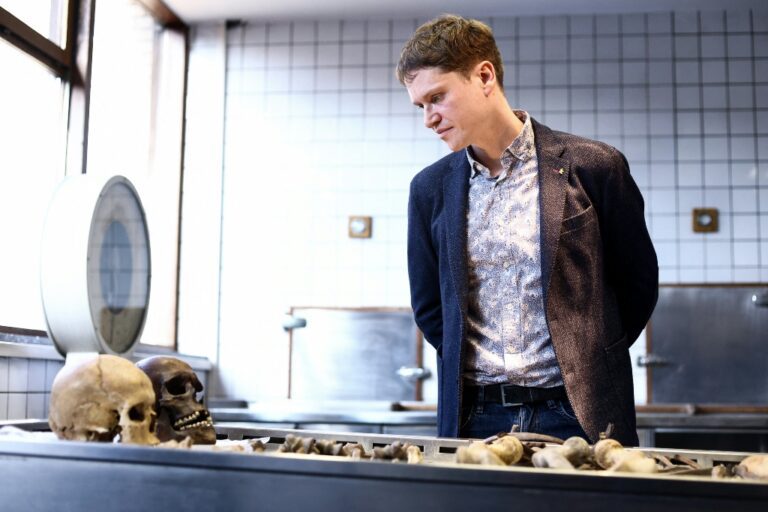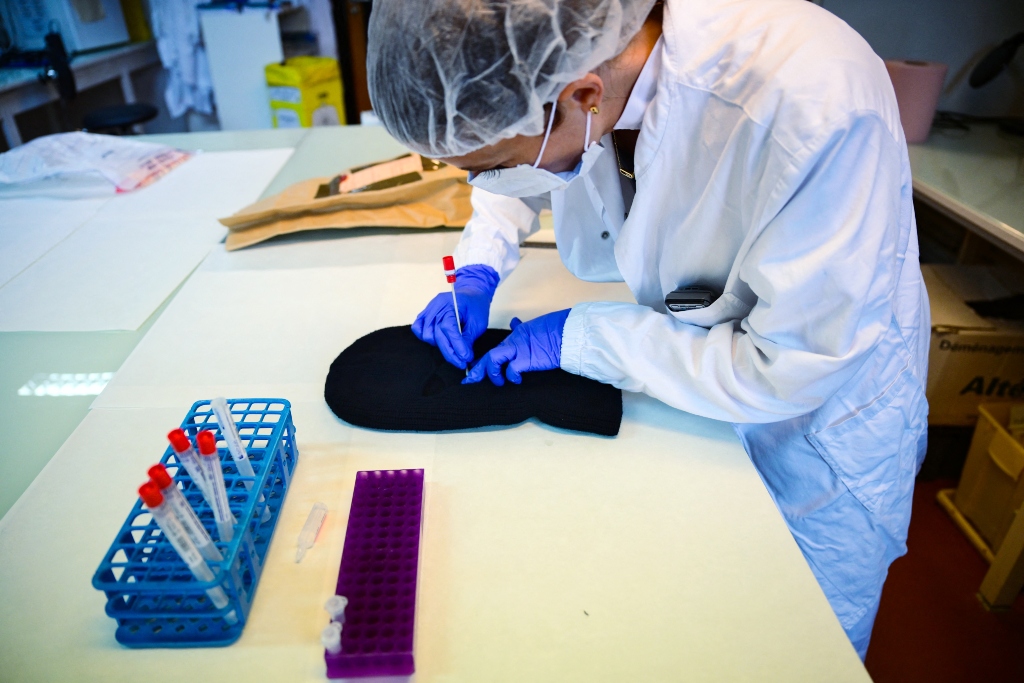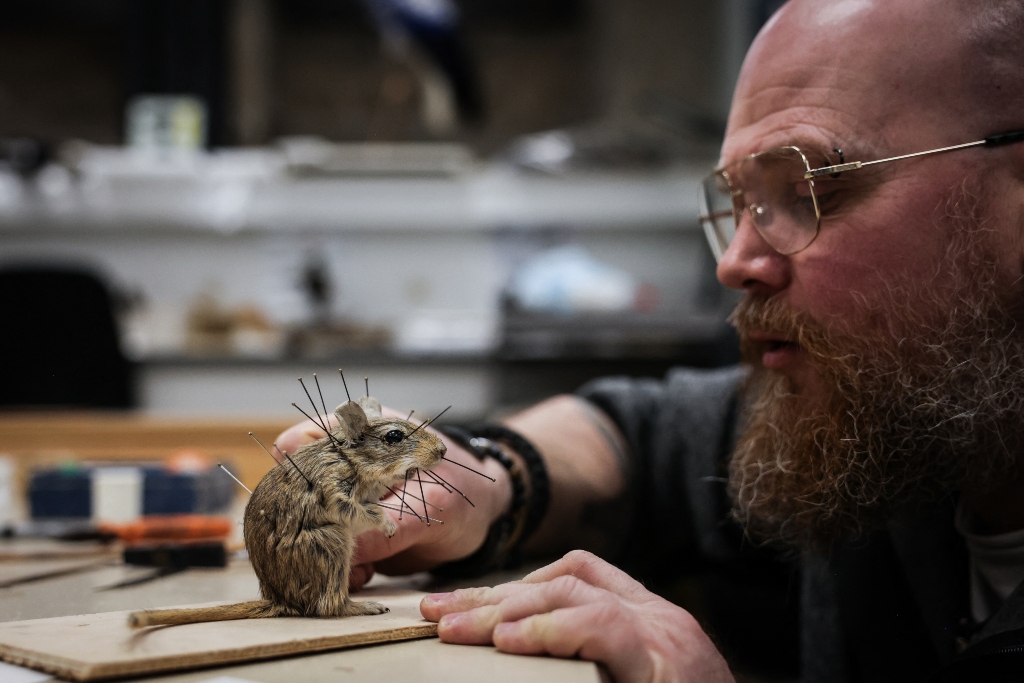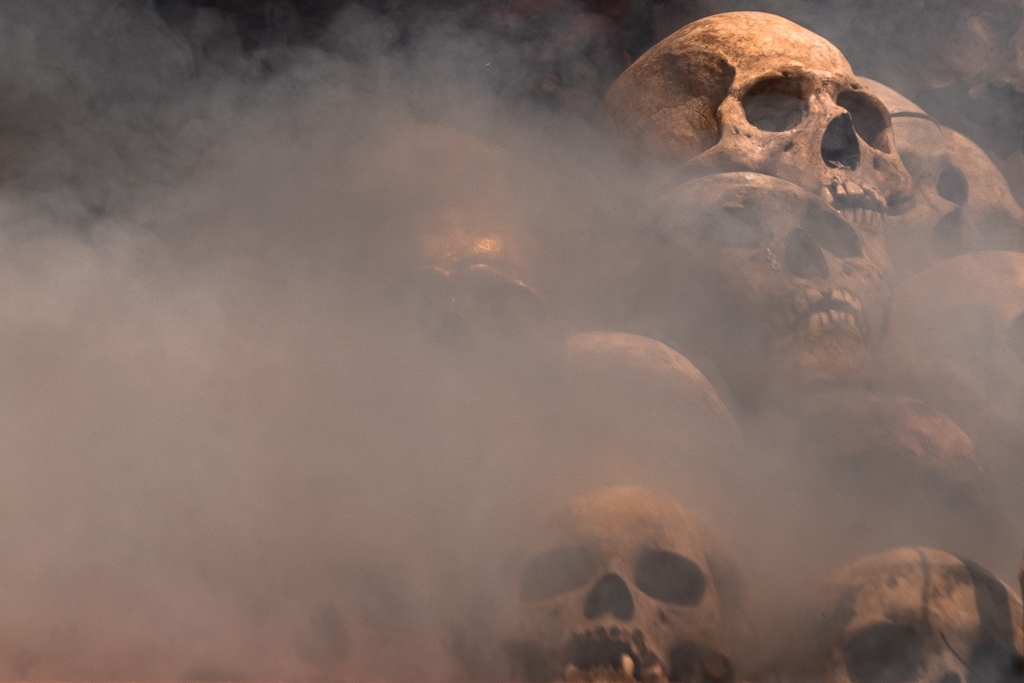
Maybe you grew up watching the Crime + Investigation TV channel with your parents and just feel so satisfied when someone Sherlock Holmes their way through a case.
Maybe you’re fascinated paranormal activity because you want to know if there’s more to life than what meets the human eye.
Fields like forensic science and mortuary science — these are some of the most morbid degrees tdoay.
Certainly are not the most conventional choices to study at univeristy.
But if you like the spooks, know that these could pay off in the future. Research has shown that people are far more satisfied with their lives and achieve higher success when they pursue their true passions.
Even if those passions are about the darkest parts of life (or lack thereof).
Do the most morbid degrees affect your mental health?
To be frank, we don’t have a direct answer to this.
In terms of degrees, fields such as medicine, engineering, law, and computer science — which are also among the most popular and the hardest degrees — are prone to causing mental burnout in students.
Research shows that psychology students are experiencing increased rates of panic disorders and social anxiety, while those in law have the highest alcohol misuse rates.
Then there are jobs out there that’ll bring you vicarious or secondary trauma too.
From war correspondents to homelessness prevention officers, these roles expose you to so much misery and suffering, despite not experiencing it first-hand.
The difference between the two is that secondary trauma occurs in a sudden moment, whereas vicarious trauma often causes long-term effects like changes in worldview.
You’d think the role of a funeral director or embalmer would cause such trauma, since you’re working closely with death every day — but that’s not always the case.
“I was an accountant before I decided to change my career and go after something I was passionate about,” a Reddit user writes.
“I was in a toxic environment when I was working my corporate job, and when I left and started at a family-run funeral home, I experienced a significant increase in my mental health.”
Perhaps, the field of the job itself isn’t the top determinant of whether you’re going to experience mental health effects.
After all, there are many causes of poor mental health, from increased workload to poor physical working conditions, in the least morbid industries.
As someone else on Reddit puts it:
“I need therapy no matter what job I have lol.”
What are the most morbid degrees today?

The inside of a funeral service shop in China’s northeastern Liaoning province. Source: AFP
Mortuary science
Eager to know more about death, dead bodiesm, and their impact on families?
According to Goodwin University, mortuary science is the study of deceased bodies, “particularly with respect to their bural and the bereavment of their families.” While many people believe the support of morticians stops at funerals, morticians are also active members of the family, offering grief support, hosting memorials, and more.
Schools offering mortuary science include the University of Minnesota Twin Cities in the US, and La Calavera College in Blackpool, England — the latter solely dedicated to training mortuary and funeral professionals. These programmes take at least two years to complete, with the average salary mounting up to US$56,126 per year.
“It’s an absolute honour to be in the worst possible moment in someone’s life,” Miranda Robinson, a mortician in Kentucky, US, tells Refinery29. “To be there and for them to look at me and just me to try to at least give them some answers, to try to give them some peace in that moment.”
Though known as one of the most morbid degrees, this subject has a pretty awesome fact going for it — in history, funeral service has been largely male-dominated, but today, 60% of mortuary science students in the US are female.

Forensic scientists work with anything from items of clothing to full-on bodies. Source: AFP
Forensic science
Forensic science is probably the most popular field on this list, and simultaneously, one of the most morbid degrees out there.
The National Library of Medicine defines forensic science as the “application of scientific knowledge and methodology for the resolution of legal questions and problems for individuals and society.”
To put it simply, a forensic scientist uses a blood or hair sample at a crime scene to create a DNA profile, which will then be analysed by a software programme in search of an identification match.
Some of the best universities for forensic science include the University of Leicester (UK), the University of Lausanne (Switzerland), and the University of Copenhagen (Denmark).
An experienced forensic scientist can earn up to US$100,000 per year, but the workload isn’t as cool as the TV show, CSI, makes it seem.
“The reality is that forensic analysis is a time-consuming process that requires meticulous attention to detail,” the Colorado Lawyer Team writes.
“The limitations of current technology and the human element involved in analysing evidence mean that results are not always as clear-cut as depicted on television.”

Taxidermy is one of the most morbid degrees out there and a super unconventional way to level up your love for animals. Source: AFP
Taxidermy
Do you remember Hachikō — the story of a loyal Akita dog who waited for his owner every day at the Shibuya station in Tokyo, despite his owner’s passing? The story that was retold in a 2009 film starring Richard Gere (who did not play a Japanese but an American version of the owner)?
Well, now he’s on display at the National Museum of Nature and Science in Tokyo.
Ethical concerns aside, taxidermy is the practice of preparing, stuffing, or mounting an animal either for display or study. No, the real Hachikō’s not just standing there in full form behind a glass screen. His pelt was preserved and mounted on a model, which now lives at the museum.
It’s not often you’ll see taxidermy programmes offered in universities, but you will find two-year programmes in community colleges across the US. A couple of them include Montgomery Community College in North Carolina, and the Finger Lakes Community College in New York.
“I think the weird stuff is the illegal animals that have ‘mysteriously’ died,” a taxidermist answers on Reddit. “People will call and say that they found a dead owl or eagle or something. Birds of prey are highly illegal to possess and require a ton of permits.”

Contemporary thanatology looks at loss and grief in new, modernised perspective. Source: AFP
Thanatology
How close can you get to studying death without needing to interact with literal human bodies?
The answer is thanatology — offered by institutions like King’s University College, the University of Maryland and Edgewood University, ranging from bachelor’s degrees to master’s programmes to post-baccalaureate certificates.
It’s quite literally the study of death and loss.
A thanatology degree equips you for jobs like bereavement counsellors, hospice team members, public death educators, funeral administrators, and academic researchers. You know, the kind that might just inflict secondary trauma.
The field allows you to examine death not only through the lens of tragedy, but also within the contexts of science, religion, spirituality, and psychology.
After all, there’s much to uncover about what comes after life.







